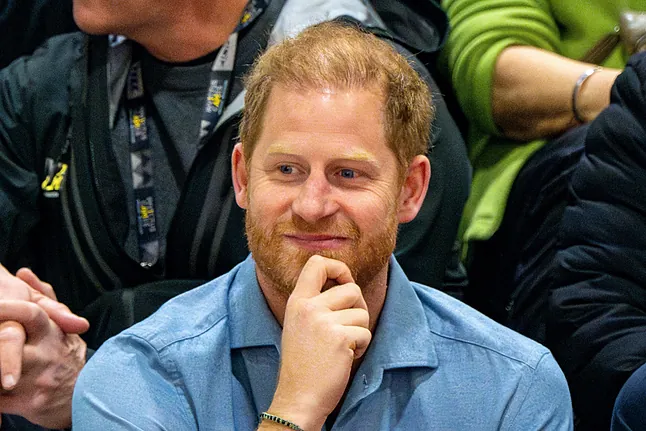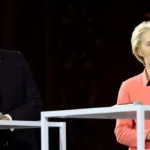
Prince Harry Seeks Police Protection in UK, Citing Royal Birthright and Family Safety
Prince Harry, the Duke of Sussex, has reignited his legal battle with the UK government, seeking official police protection during his visits to Britain. As court proceedings resumed on Tuesday at the High Court of England and Wales, the younger son of King Charles III continues to push for the restoration of security privileges that were withdrawn following his exit from royal duties in 2020.
Although Prince Harry did not appear in court in person, his legal team opened an appeal against a prior ruling that denied him the level of security he claims is owed to him by virtue of his royal birth. The appeal is being heard by a panel of three judges at the Royal Courts of Justice in central London.
Read Also: The Stars Are Showing Out at Paris Fashion Week: Front Row, on the Street and Catwalk
A Fight Rooted in Status and Security
At the heart of Harry’s argument is his belief that he and his family—his wife, Meghan Markle, and their two children, Archie and Lilibet—deserve elite-level protection from the Metropolitan Police (MET) while on British soil. According to court documents, the prince asserts this entitlement as a birthright: “by virtue of being born into the Royal Family.”
His legal team has emphasized the high public profile of the Sussexes, warning of increasing threats due to what they describe as “layers of racism and extremism” targeting the family. Harry argues that without official security, it is unsafe for him to bring his wife and children to the UK.
Confidential Security Risks Discussed Behind Closed Doors
Some elements of the court proceedings are being held privately, due to the sensitive nature of the security threats faced by the prince and other royals. These closed sessions involve detailed assessments of the potential risks and the protective measures that were or could be in place.
History of Disputes Over Security Provision
Harry’s access to taxpayer-funded security was revoked following his decision to step back from royal duties in January 2020. The so-called “Sandringham Agreement,” formalized in a family meeting involving Queen Elizabeth II, then-Prince Charles, and his sons William and Harry, made it clear that public funds would not support security for royals no longer performing official duties.
The government also rejected an offer from the Royal Household to personally fund MET officers to protect Harry and his family, as revealed in court filings. This decision left Harry to rely on private security, which, according to his legal team, is not equipped to handle the level of threat faced by a member of the royal family.
A Personal and Painful Issue
The Duke of Sussex has repeatedly referred to the tragic death of his mother, Princess Diana, who died in a car crash in Paris in 1997 while being chased by paparazzi. For Harry, this past trauma underscores the seriousness of his current concerns. He believes that the dangers to his family are even greater now, not just due to media intrusion but because of racial and ideological hostility.
Following his move from the UK to Canada and eventually to California, Harry became, in the eyes of the UK government, a “private citizen” without entitlement to publicly funded security, despite his continued global visibility and status.
What’s at Stake?
The outcome of this case could have broad implications—not just for the Sussex family, but for how the UK government handles the protection of former royals. Harry’s legal battle is also a symbolic test of the boundaries between public duty, royal privilege, and the expectations of security in the modern age.
As hearings continue, the British public and international observers alike await the court’s decision on whether Prince Harry’s royal lineage entitles him to the protective shield he believes his family so urgently needs.
This article is originally published on elmundo.es





